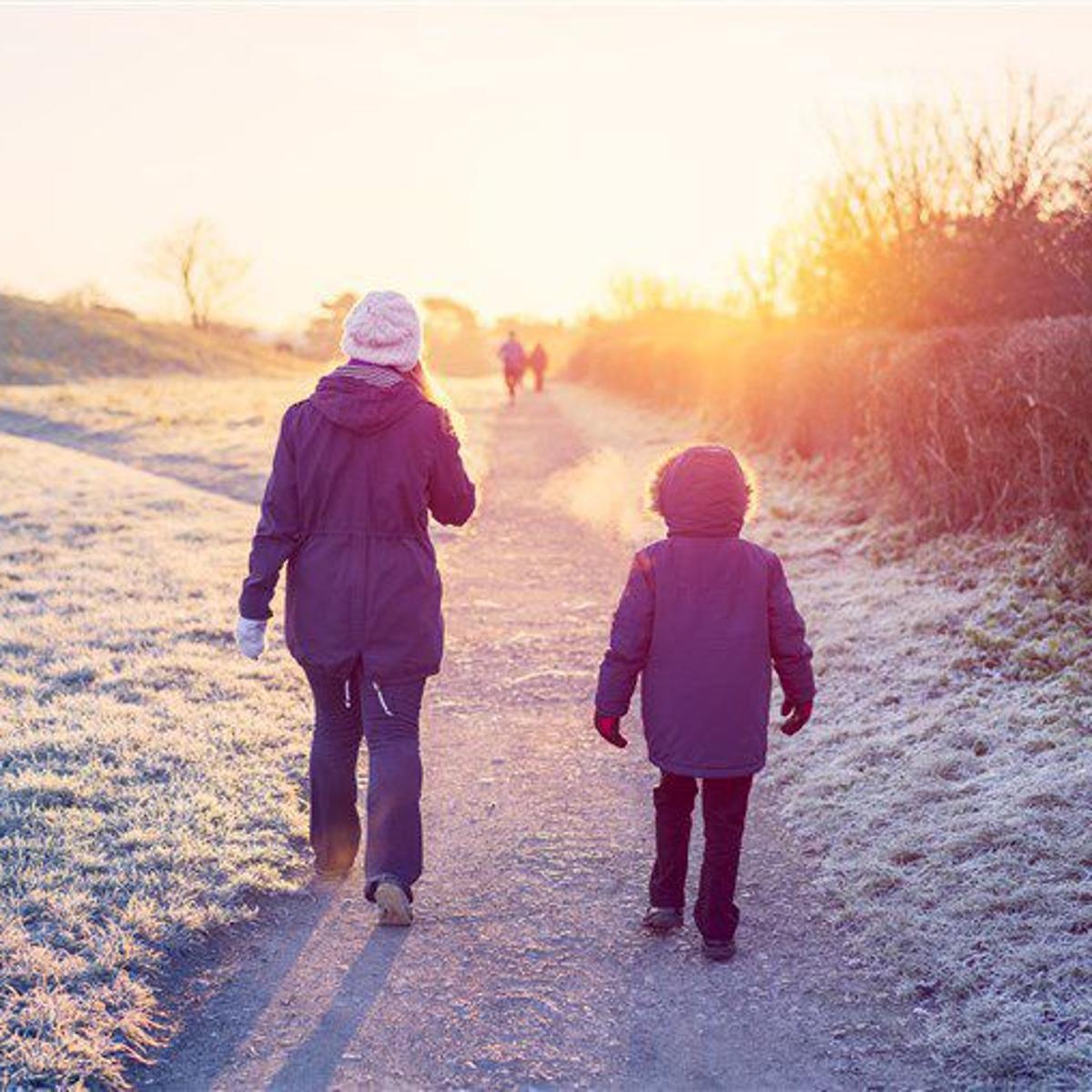Mindfulness is good for children

Mindfulness practice is especially beneficial for children. Mindfulness can help children develop positive habits early in life. -David Gelles
Over the years I have been asked the question “What one thing can you recommend to parents, teachers, or professionals to help children today?” I recommend adding mindfulness activities to your daily routine. It doesn’t take a lot of time but it can help children learn to slow down, be calmer, and make better decisions, little by little. How we learn to correct our mistakes (keep making better decisions as we go) is essential to resilience and happier life experiences.
The power of slowing down
Children who are taught to slow down (mindfulness), rather than speed up (mindlessness), will be able to make better decisions (see PT blog, mindfulness in children). This is simply because they are hardwiring their brains optimally earlier in their lives, which allows them to control their emotions and show cognitive control by choosing their thoughts. As New York Times reporter David Gelles put it, “Mindfulness” can have a special impact on the development skills such as self regulation, judgment, and patience during childhood.
This means that the same parts of the brain that are trained with mindful strategies can also help your child develop emotional awareness and balance. Research has shown that children who are exposed to mindfulness strategies in the classroom (virtual and in-person), are more likely than others to exhibit cooperative and positive social behaviors. Research also suggests that mindfulness practices at home can have positive effects.
Noah, age 8, learned how to calm down by taking deep breaths in his third grade Zoom class. This is a very useful mindfulness tool. He used to push his sister and scream at his mom before he started using the tool. Noah is now able to take deep breaths and calm down more often, resulting in fewer outbursts.
Mindfulness tools such as Noah’s deep breathing create space between stimulus, response and help children make better choices. Noah was a person who operated on automatic. He screamed, pushed and chose to react negatively. This didn’t help anyone. He began to slow down and see the benefits of mindfulness. This was especially important when he was faced with challenges with his sister.
